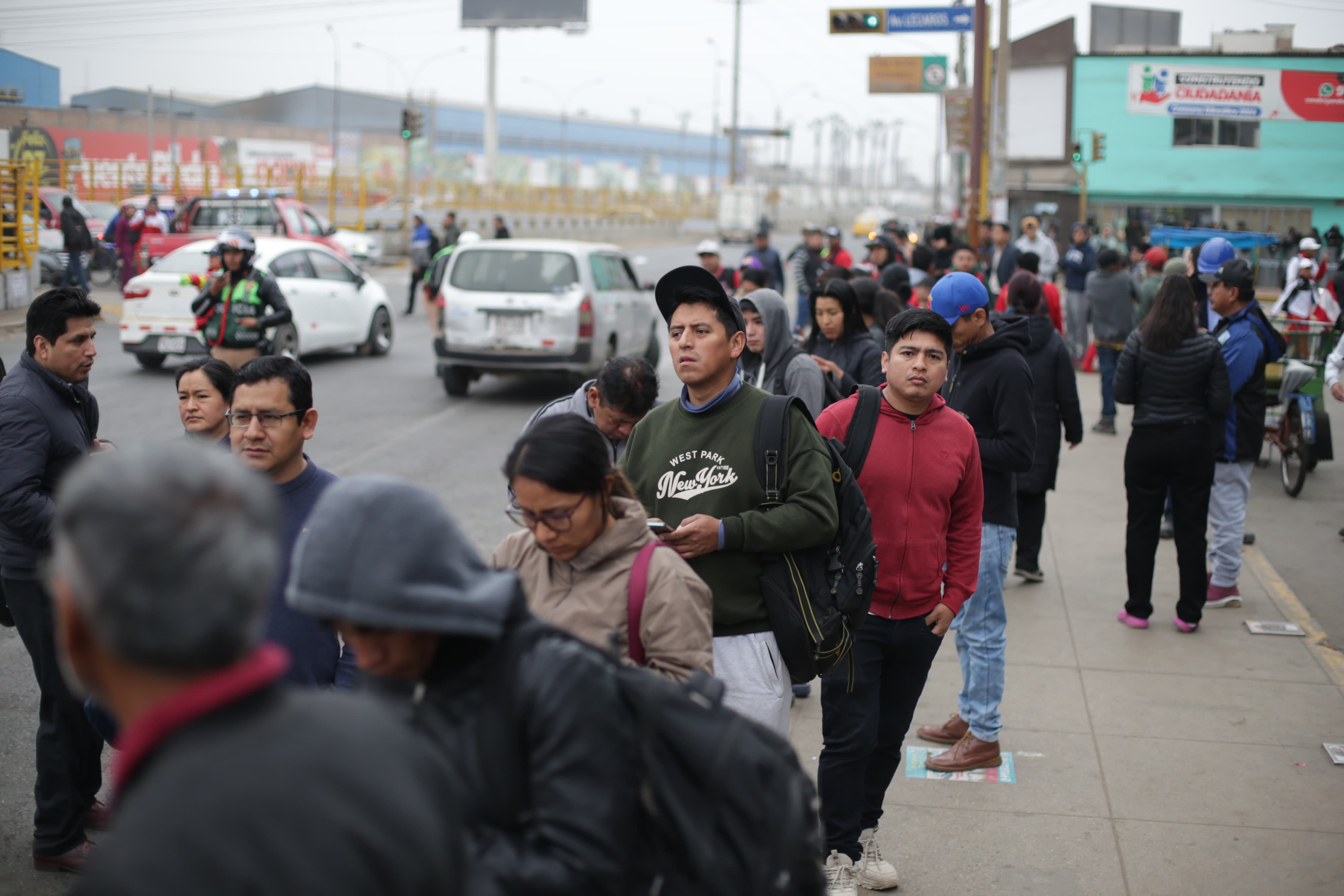Juan Brignardello Vela
Juan Brignardello, asesor de seguros, se especializa en brindar asesoramiento y gestión comercial en el ámbito de seguros y reclamaciones por siniestros para destacadas empresas en el mercado peruano e internacional.




In a forceful address during the UN General Assembly, the President of Argentina, Javier Milei, launched a scathing attack on the international organization, accusing it of straying from its founding principles and becoming a promoter of an ideological agenda that undermines the sovereignty of states. The Argentine leader, known for his direct and provocative style, expressed his dissatisfaction by stating that the UN has shifted from being a bastion for world peace to a "Leviathan with multiple tentacles," as he described it. Milei argued that the UN, in its quest for influence and power, has lost sight of its original purpose to protect and promote peace among nations. In his speech, he emphasized that the organization now seeks to dictate not only the policies of each state but also the lifestyles of citizens in different countries. This criticism reflects a growing distrust towards multilateral institutions that, according to Milei, have adopted positions favoring an ideological approach instead of serving their members. One of the most critical points of his intervention was the accusation against the UN for allowing regimes considered dictatorial, such as those of Cuba and Venezuela, to be part of the Human Rights Council. Milei questioned the legitimacy of this decision, arguing that it represents a flagrant contradiction for an organization that presents itself as a defender of human rights. This assertion has resonated in various sectors, both within and outside Argentina, generating debates about the role of the UN and its ability to act impartially. The Argentine president also directed his criticism at UN committees, mentioning that countries that impose severe restrictions on women's rights have managed to be part of the bodies that should be fighting for their elimination. In this regard, Milei underscored the irony that governments punishing women for simply appearing in public are admitted to international forums advocating for gender equality. These statements come in a global context where many leaders have questioned the effectiveness of the UN and its various bodies. Milei's criticisms add to a wave of discontent that has spread in several countries, where it is perceived that UN decisions do not always reflect the realities of its member states, generating tensions and feelings of alienation. The Argentine president's speech can be interpreted as part of a broader strategy to position his government as a defender of national sovereignty against international institutions. This resonates with a growing nationalism seen in various parts of the world, where leaders have argued that supranational decisions should be subordinate to local decisions. Moreover, Milei's criticism reflects a growing trend among populist leaders who use international platforms to express their dissent and reaffirm their internal political agendas. This style of leadership, which combines nationalist rhetoric with critiques of multilateral organizations, could have significant implications for the political dynamics of Latin America and beyond. The impact of these statements could also reverberate in Argentina's relations with other countries and organizations, both regionally and globally. As Milei's government takes a more aggressive stance on the international stage, it will be crucial to observe how other leaders respond and what effect this will have on international cooperation in areas such as trade, security, and human rights. With his provocative style, Milei has managed to capture the attention of the international community, and his speech at the UN could mark a turning point in Argentina's relations with the organization and its members. The UN's ability to adapt and respond to these criticisms will be fundamental in determining its relevance in an increasingly polarized world. Ultimately, Milei's words serve as a reminder that the tensions between national sovereignty and international cooperation remain a crucial topic of debate in the 21st century.
Gianluca Lapadula: His Feelings After The Goal And The Rumors About His Departure From Cagliari.

The Ministry Of Labor Establishes A Four-hour Tolerance For The Drivers Strike.

"Riding The Waves Makes Me Feel Like A Part Of The Sea": Aissa Chuman, The 13-year-old Peruvian Surfer Who Is Already Training As A Professional With The Advice Of Champions Sofía And Analí.





